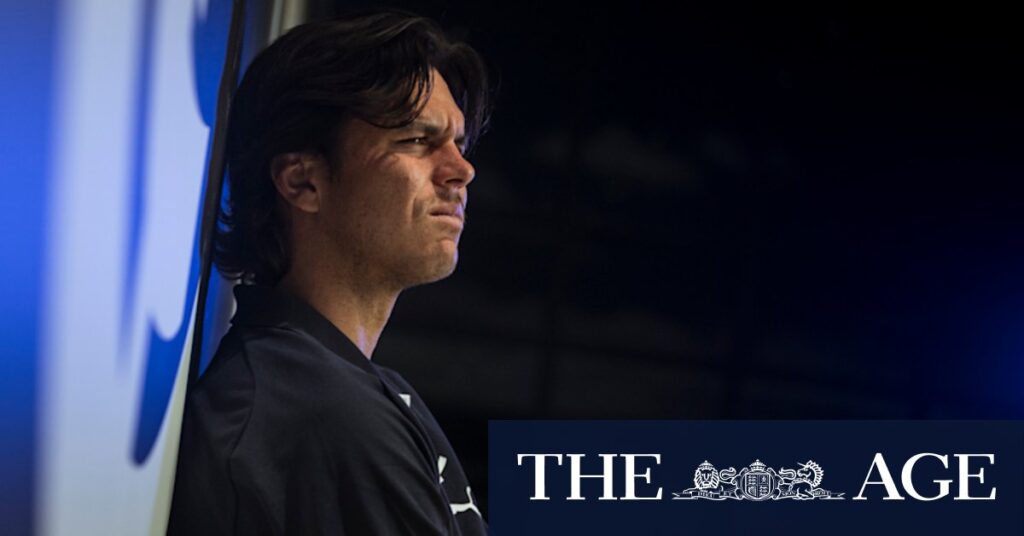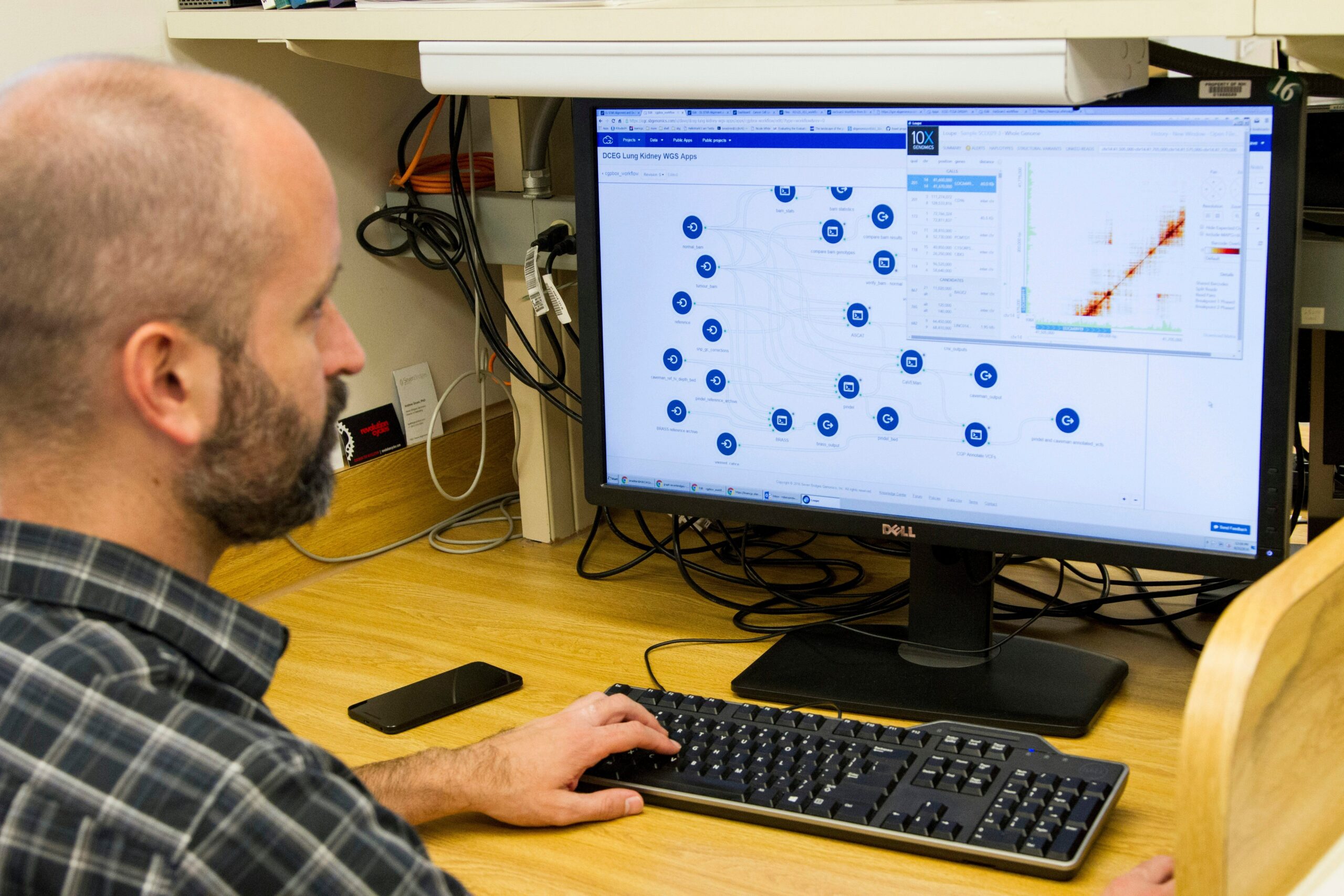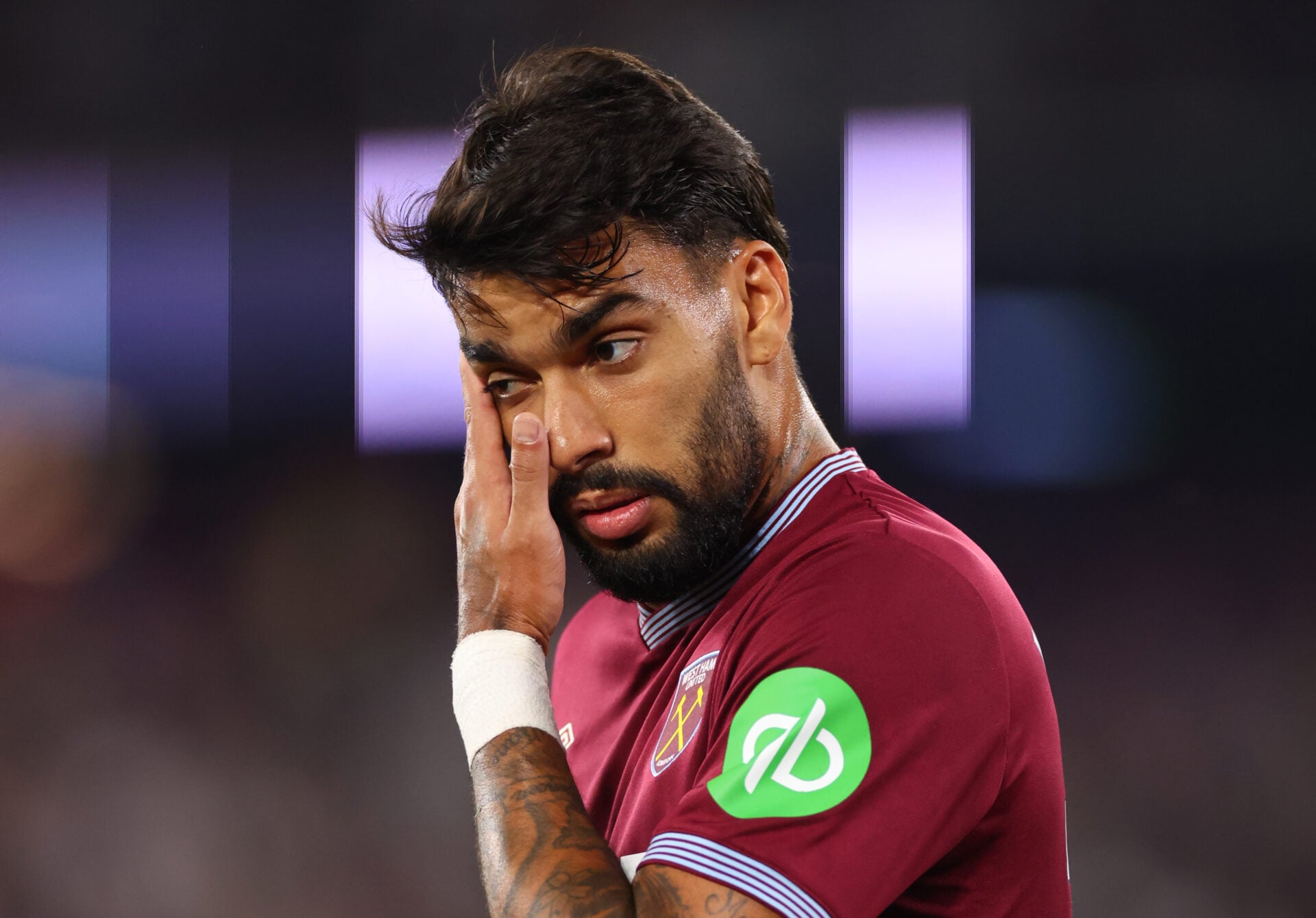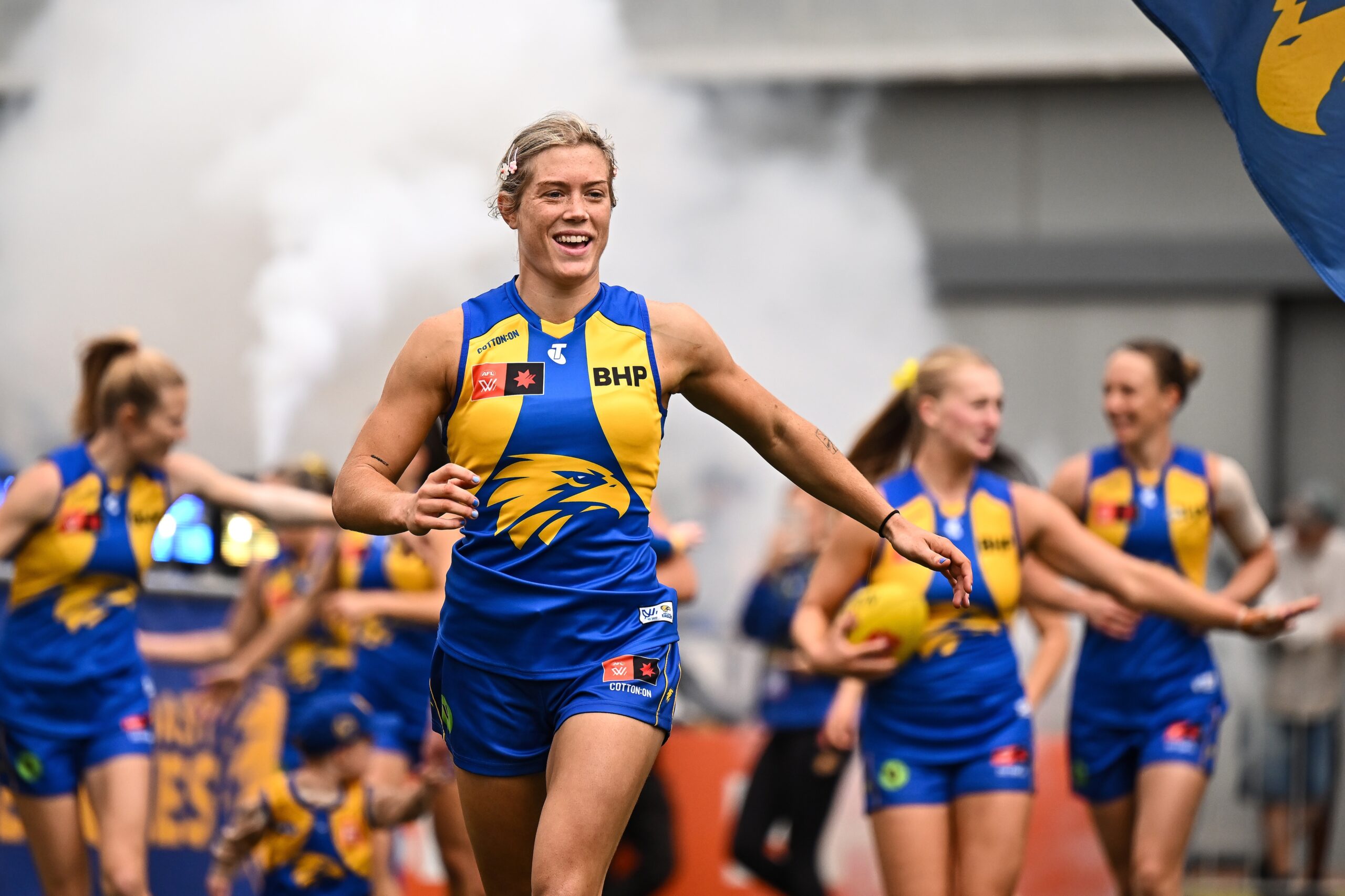
Elijah Hollands, a promising star of the Carlton Football Club, has candidly shared his personal battle with mental health, dispelling rumors that had circulated about his lifestyle. As the 2023 AFL season unfolded, Hollands found himself in a challenging and often lonely struggle, far removed from the glamorous image painted by social media.
“Getting the support back from the club and from family and friends, saying it was the right thing to do, gave me some comfort and some reassurance that I was doing the right thing, and I should attack it with 100 percent [effort],” Hollands said, reflecting on his journey.
The Struggle Behind the Scenes
Hollands’ mental health began to deteriorate towards the end of last year, leading him to distance himself from key support networks. By January, he had flagged his struggles with leaders in the football department. Despite this, by the time the first round of the season arrived in March, Hollands admitted he was not on top of his mental health challenges.
Both Hollands and coach Michael Voss agreed that taking a break from the game was the best course of action. This decision came amidst swirling rumors about Hollands’ lifestyle, fueled by his trade back from the Gold Coast at the end of 2023. However, the reality was far from the speculation.
Facing Personal Demons
Hollands revealed his battle with alcohol, a struggle he recognized as part of his family history. “In some of the darker times, I turned to alcohol to cope with some of the stresses I had been putting myself under, and the mental fatigue and battles I had been going through,” he confessed.
Contrary to the rumors, Hollands explained that his struggles were largely private. “It very much has been a thing I have done in isolation, which is obviously a battle. It hasn’t been a thing where I have been out with mates and taking things too far in public areas – it’s been in isolation and at home,” he said.
Returning to the Field
After a short break intended to serve as a circuit breaker, Hollands was eager to return to football. Watching the Blues lose their first three games, he felt a strong sense of responsibility. “There is certainly that element that you are letting your teammates down, and you are letting your club and your fans down by not being out there participating,” he admitted.
Hollands returned to training and rejoined the team alongside his brother Ollie by round six. His return was marked by a series of strong performances, helping the Blues win three of his first four games. However, a game against the Sydney Swans proved to be a turning point.
Confronting Anxiety on the Field
“I was just having a horrible game,” Hollands recalled. “In the last quarter I came off the ground and I just could not breathe. I went to the bench and told our psychologist I could not breathe – I could not settle down, [and] my head was spinning. I was almost having a mini-panic attack, which I had never experienced before out on the field.”
This experience was a stark reminder that his mental health struggles were not confined to off-field life. “It was a pretty worrying moment because footy had been somewhere I could go to, and all those thoughts I was having away from the club would just disappear,” Hollands explained.
A Path to Recovery
Following this incident, Hollands and the club mutually agreed on a necessary “serious reset.” He was admitted to a mental health retreat for four weeks, where he worked with experts to understand his challenges and develop strategies for lasting change.
“It has been the best thing possible for me – I learned so much during that time. I came out of that, I guess, being myself again, which was the main thing,” Hollands said.
Despite the rumors, Hollands emphasized that his isolation was a personal choice to deal with his issues alone. “I’ve seen or heard numerous times that it is a party thing, or that I don’t care enough about the game, or I don’t want to be a professional,” he said, clarifying the misconceptions.
Looking Ahead
After reintegrating into his normal life, Hollands returned to the club, aiming to play a few VFL matches before the season’s end. His performance in those games showed that his talent remained intact.
Hollands was surprised but not upset when Carlton suggested he explore his options, expressing gratitude for the support he received. “I understand now there is some change happening at the club, and I can see why the club has asked me to be part of that change,” he said. “For me, the most important thing is to keep continuing with the processes I have put in place to help me get better over this period.”
As he continues to train with Carlton, Hollands remains hopeful for the future. “I feel fit. I feel strong, and I’m ready to hopefully attack a pre-season,” he said, expressing his desire to repay the faith and support he received.
“I know I can turn this into a really positive learning experience for me and that, whatever is next for me, I am extremely committed to and looking forward to whatever opportunity may pop up,” Hollands concluded.
Hollands’ journey is a testament to the importance of mental health awareness and the power of support networks in overcoming personal challenges. His story serves as a reminder that behind the public persona of athletes, there are often untold struggles that require understanding and empathy.





